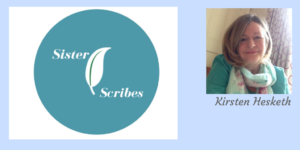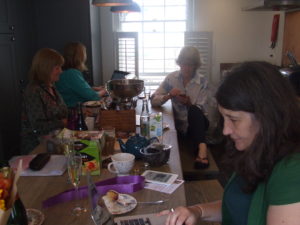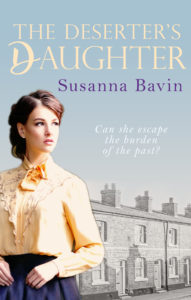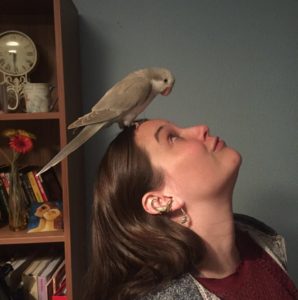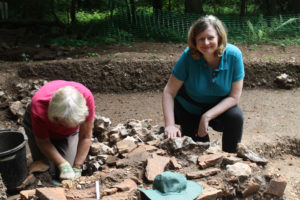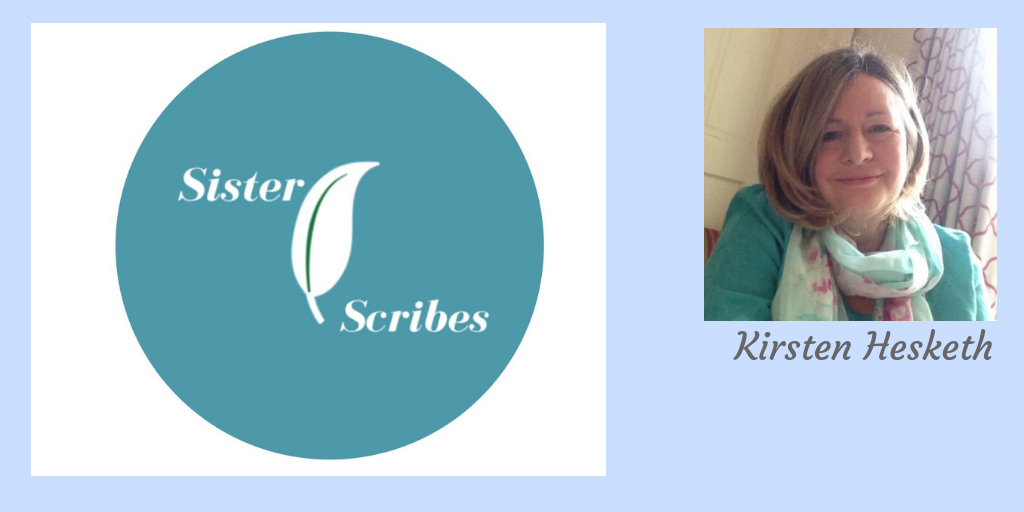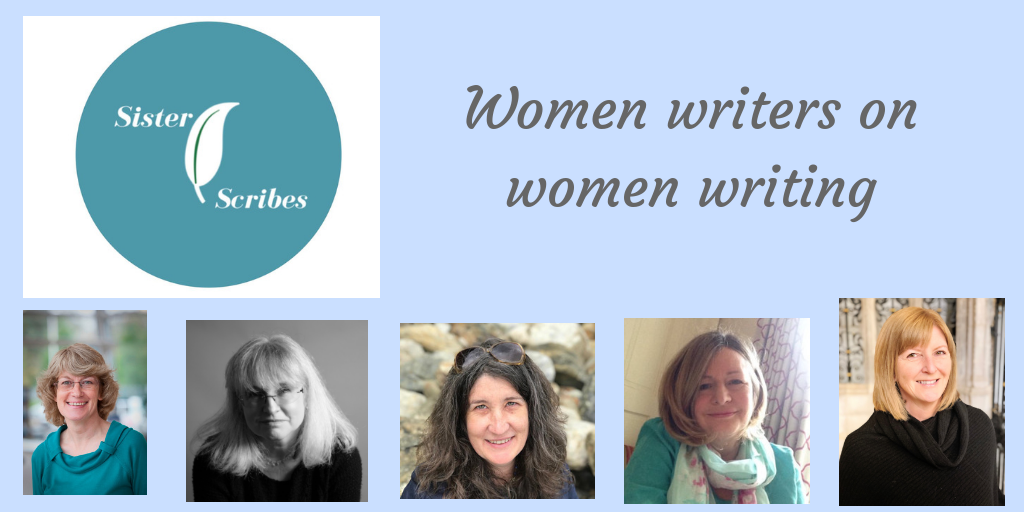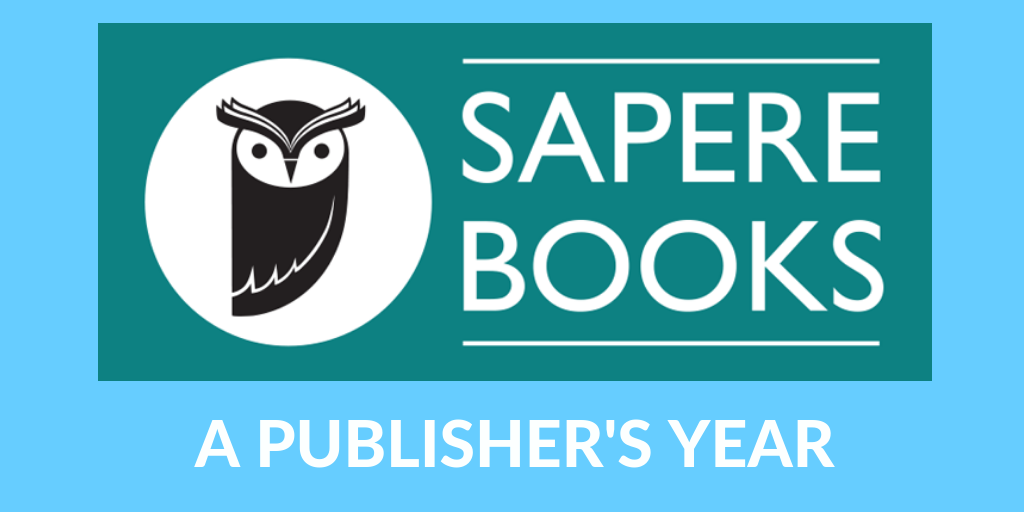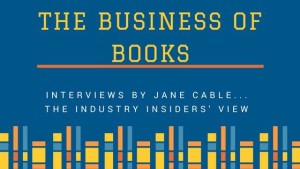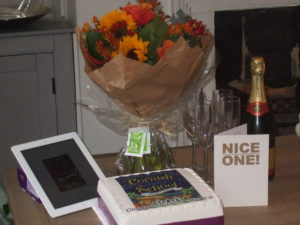I’m writing this a service station halfway up the M6 – en route to the Edinburgh Fringe Festival where I am singing on Saturday with the Rock Choir. (I know!)
To be fair, this particular writing session was prompted and necessitated by the email I received when I pulled into Sandbach services and turned my phone back on. Had I remembered that my latest Sister Scribe missive was due like now …?
But I got me to thinking about how I love writing out and about. I do a lot of it. Part of this is due to sharing a home with teens and a newly retired husband. I love them all to distraction – but without the luxury of my own dedicated writing lair, distraction is often the operative word. It can be really hard to concentrate on my WIP when the children are on holiday and demanding my attention and hubbie wants to involve me in his plans. Far easier to decamp to a convenient coffee shop and give myself over totally to my project.
And what a buzz it is. I love it all – being amongst – but not with – people who demand and expect nothing of me, the background chatter, people watching, coffee and CAKE. Best of all, I find, is writing in a café with other writers. That really is the crème de la crème. For me, this happens most often during the school holidays – not just because it is when I need most to escape – but because so many of my writing buddies are teachers. We have our favourite venue – Coppa Club in Sonning – and our favourite table; the big round one in the corner with ample plugs for everyone. This particular table is in hot demand – and we used to amuse ourselves with elaborate plots for how we might secure it (you could tell what genre we were writing by our suggestions!) Then we worked out we could just book it in advance!
I asked a couple of my fellow writers what they most like about these writing sessions. For writer and poet Becci Fearnley, author of Octopus Medicine, it is all about the support. ‘I would probably get more writing done at home,’ she admits, ‘but discussing my progress, sharing in triumph and failure and even just the quiet company of people who understand you are all very much needed in the life of a writer. Writing can be a lonely business and we all need allies.’ Claire Dyer, author of The Last Day and The Perfect Affair agrees, although for her, the background noise can be an issue. (Note to cafes; sometimes the ‘background’ music can be very insistent). ‘I do enjoy the camaraderie of writing with others,’ she says. ‘There’s something collegiate and nurturing about it – and the coffee and breakfasts are scrummy.’
I think that’s it. Writing in cafes with other writers nourishes body, soul and our creative output. More than once, a brief discussion on something I didn’t even really know I was struggling with has been magically solved by a ‘chance’ comment, a plot hole closed or a character developed. Sometimes we muse that advances are being eroded and waistlines expanded, but – hey – everyone knows that you have to suffer for your art, don’t they?
And today, once skinny latte and a toasted sandwich later, my article is complete, and I am ready to hit the motorway again. I’ll proof it in another service station somewhere south of Glasgow and then hit the road for the final push to Edinburgh.

